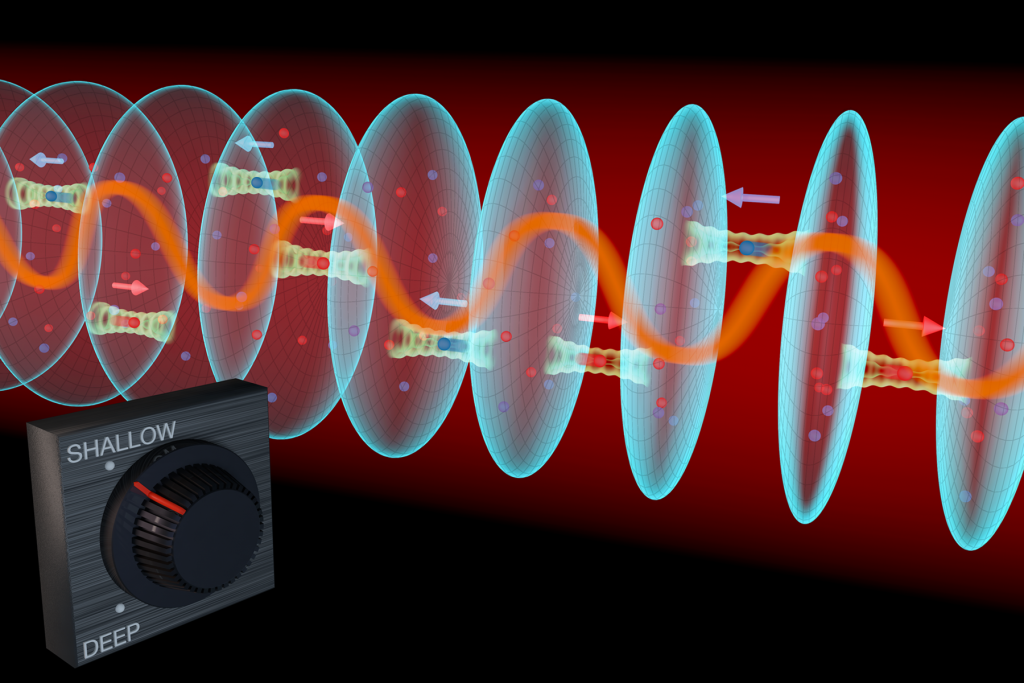
WASHINGTON: House appropriators significantly bolstered research spending by the National Institutes of Standards and Technology (NIST) on a handful of cutting edge technologies considered critically important by the Defense Department and Intelligence Community (IC).
In its fiscal year 2020 Commerce-Justice-Science appropriations bill passed yesterday, the House Appropriations Committee (HAC) slated $751 million — $140 million more than the Trump Administration request — for NIST’s Scientific and Technical Research Services programs that include work on cybersecurity, quantum information sciences, artificial intelligence, 5G and additive manufacturing. The total NIST appropriation for 2020 is set at $1.04 billion.
NIST, while not a regulatory agency, is the part of the Commerce Department that is both sets technology standards to promote cross-border trade and and ensures US compliance with internationally agreed standards. For example, NIST is responsible for the voluntary Cybersecurity Framework of standards, guidelines and best practices that is increasingly being integrated into US laws. Indeed, the Commerce Department last week proposed new licensing rules for commercial remote sensing satellites that would require operators to include a NIST-approved encryption methodology for data transmission.
The Scientific and Technical Research Services programs are aimed at “developing foundational measurement tools that enhance reproducibility, interoperability and reliability to accelerate innovation, adoption and impact” for new industries, according to the NIST 2020 budget justification documents.
The HAC report specifies its interests and concerns regarding the programs as follows:
- Quantum Information Science. The Committee provided “no less than” $8 million above the 2019 level,” as authorized in the National Quantum Initiative Act to support and expand basic and applied quantum information science and technology research and development (R&D) of measurement science and standards.” The act, passed by Congress last year and signed by President Donald Trump in January, specifies that NIST spends at least $80 million per year on quantum information science activities. Further, the committee encouraged NIST to expand its collaboration with industry, universities, and federal laboratories.
- Artificial Intelligence (AI). The bill increases funding for work on AI standards by $4 million above the 2019 level. That number is buried in a large funding pot called Advanced Communications, Networks and Scientific Data Systems: The total 2019 appropriation for that basket was $66.6 million; the administration’s 2020 request was for $40.42 million.
- Cybersecurity and Privacy. “The proliferation of data generation, storage, and use associated with the digital economy is making it increasingly important to protect that data with effective cryptography and privacy standards,” the report stated, citing concerns about growing threats. Thus, the HAC urged NIST “to address the rapidly emerging threats in this field by furthering the development of new and needed cryptographic standards and technologies.”
- Metals-Based Additive Manufacturing. The HAC provided “up to” $5 million for NIST to offer grants to academic institutions for “research, development, and workforce training to overcome barriers to high-volume additive manufacturing of metals” — most 3D printers can only handle plastics. The report further notes: “While the Committee is aware of recent breakthroughs in metals-based additive manufacturing, major technical barriers still exist to dramatically improving build rates that would enable commercial markets to benefit from high-volume, metals-based additive manufacturing.”
- 5G Telecommunications. Noting the importance of 5G technology for the US economy and national security, the HAC expressed concern “with a lack of criteria and processes to evaluate evolving threats associated with emerging telecommunications technologies.” Further noting the “importance of efficient spectrum use in the development of 5G networks,” HAC urged NIST “to accelerate efforts to coordinate among industry to promote voluntary security standards and the development of measurement tools to increase spectrum efficiency.”
The US government has been wary for years of the leading role Chinese firm Huawei has played in development of 5G, and the Trump administration recently took action that cuts Huawei off not only from US markets but from critical suppliers in the US.

